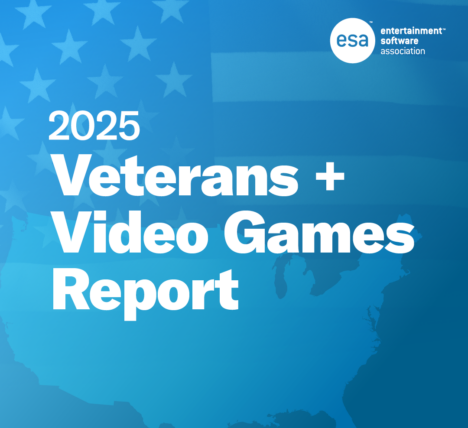A Global Perspective on Video Games
Gameplay connects us across cultures, generations, and communities.

When findings are referred to as global, they reflect the combined results from the 21 countries detailed here.
Scope of Report
24,216 players ages 16+ surveyed
21 countries
6 continents
Nationally representative sample
Africa
Egypt: 1,027
Nigeria: 1,082
South Africa: 1,283
Australia: 1,002
Europe
UK: 1,002
France: 1,047
Germany: 1,012
Italy: 1,021
Spain: 1,006
Sweden: 1,016
Poland: 1,072
Asia
China: 1,501
India: 1,501
Japan: 1,049
Saudi Arabia: 1,076
South Korea: 1,005
UAE: 1,018
North America
Canada: 1,007
Canada – Quebec: 515
Mexico: 1,073
United States: 1,554
South America:
Brazil: 1,348
Who’s Playing and Why
The Global Video Game Player Profile

Top Reasons for Playing
Researchers at Oxford University studied the impact of playing video games on over 80,000 players and reported that their findings “corroborate qualitative research and reports from video game players around the world have long suggested: people feel good playing games.” Positive impacts of gameplay surpassed mood improvements from watching television, reading, and shopping.
The Benefits of Play
Mental Well-being
Across the world, players agree that video games…
Research published in American Psychologist states that “gaming may be among the most efficient and effective means by which children and youth generate positive feelings.” The authors identified cognitive, motivational, emotional, and social benefits tied to video games and were “particularly inspired by the potential that these games hold for interventions that promote well-being, including the prevention and treatment of mental health problems in youth.”
Community & Connection
Playing with others is a positive experience
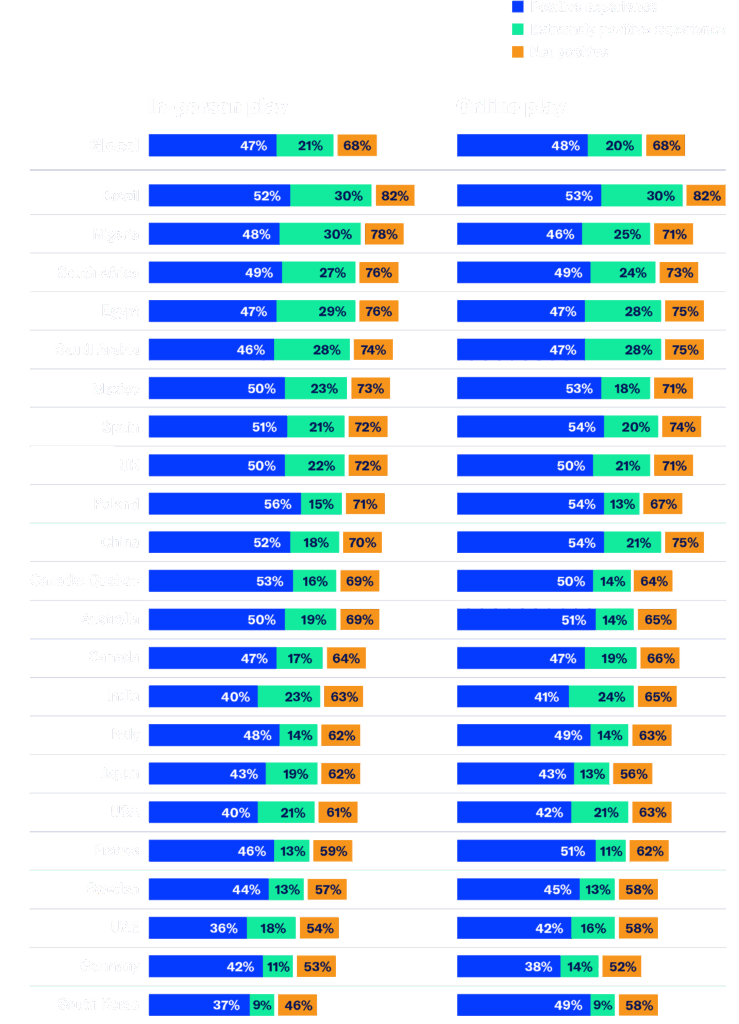
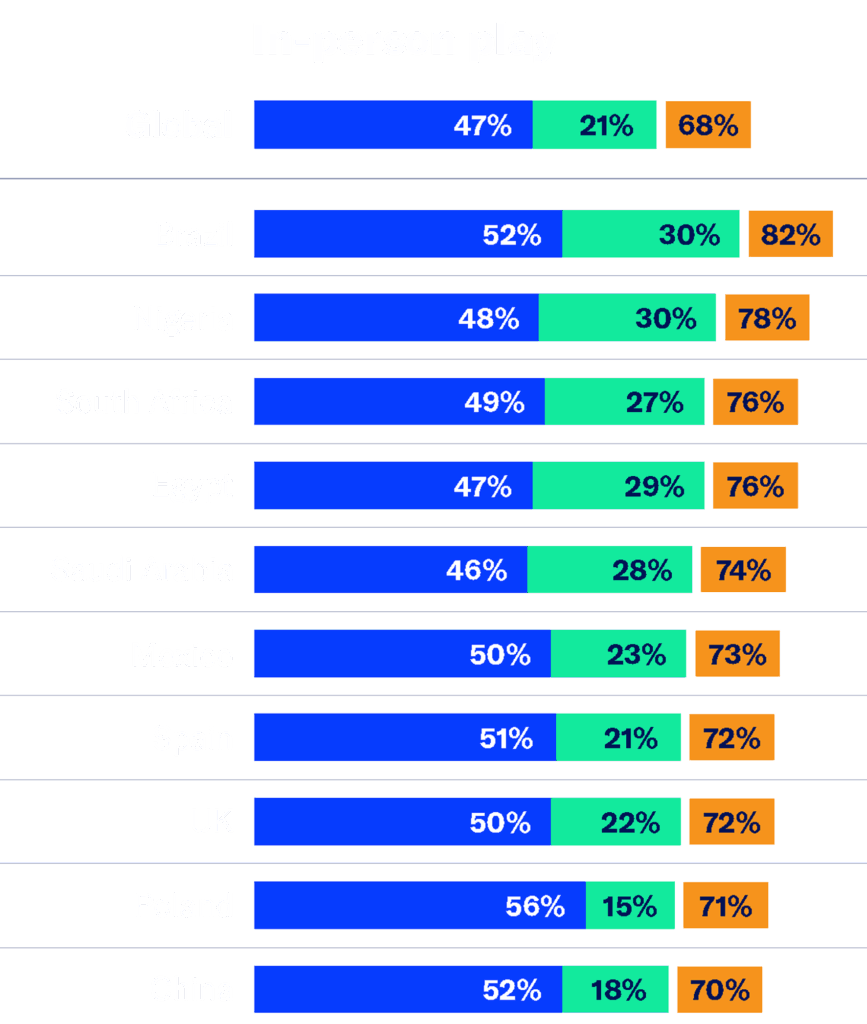
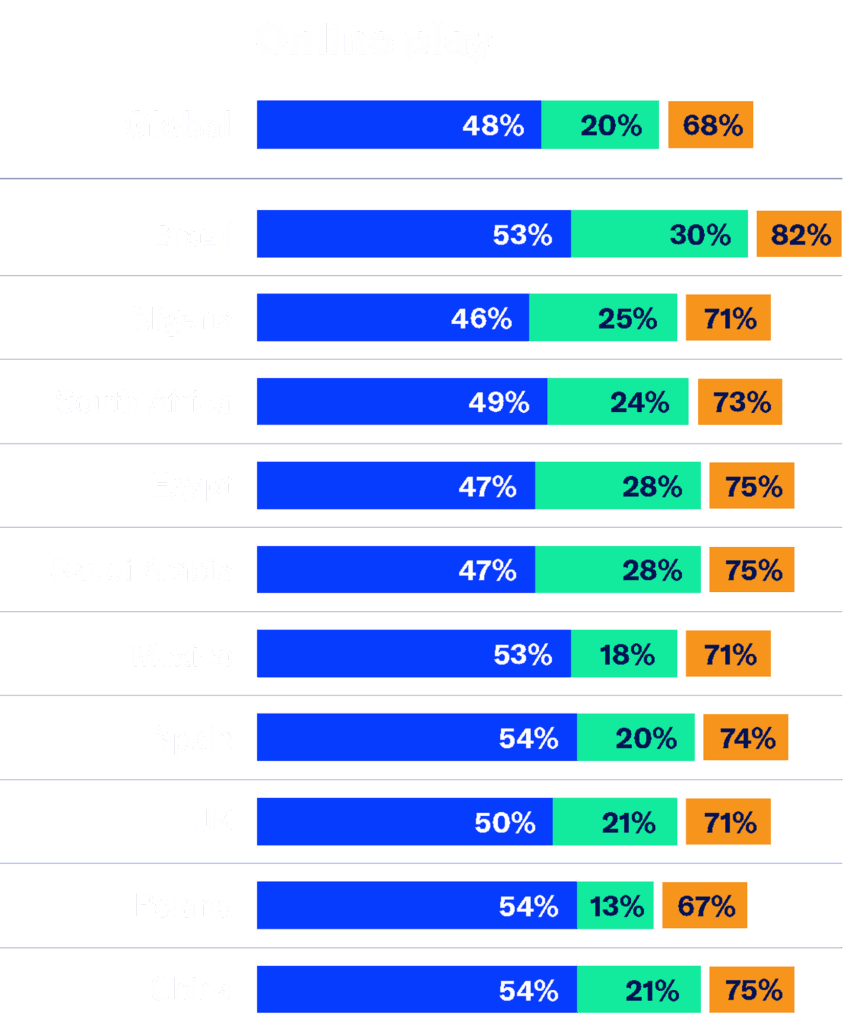
Who we play with
Research from Villanova and Stetson University shows that “video gameplay gives gamers the chance to develop techniques for dealing with conflict, working out various resolutions, interacting with their friends, and experiencing different emotions.
Games That Grow Us
Skill Development
Global agreement that games can improve:

A literature review in Procedia Computer Science stated that, “Cognitive skills such as perception, attentional control, and decision-making improve when subjects were trained with video games. People with professions such as nurses and doctors showed improved decision-making and risk assessment when trained with serious simulation games. High school and undergraduate students who played video games exhibit better results when given tasks related to cognitive abilities compared to students who do not play video games.”
Methodology
The global survey was conducted by AudienceNet, gathering 24,216 responses across 21 countries on six continents: Australia, Brazil, Canada, China, Egypt, France, Germany, India, Italy, Japan, Mexico, Nigeria, Poland, Saudi Arabia, South Korea, Spain, Sweden, the United Arab Emirates, the United Kingdom, and the United States. Participants were aged 16-65+, and all qualified as active gamers, defined as playing video games for at least one hour per week via console, PC/laptop, tablet, mobile, or VR. Quotas and screening criteria ensured a minimum of 1,000 active gamers per country. All respondents were recruited via professionally accredited consumer research panels.
AudienceNet is a fully-accredited global consumer research company, currently conducting nationally representative research in 52 countries. As a Market Research Society (MRS) Company Partner, AudienceNet is bound by the MRS Code Of Conduct, as well as GDPR in relation to the collection and handling of consumer research data.
Presented by
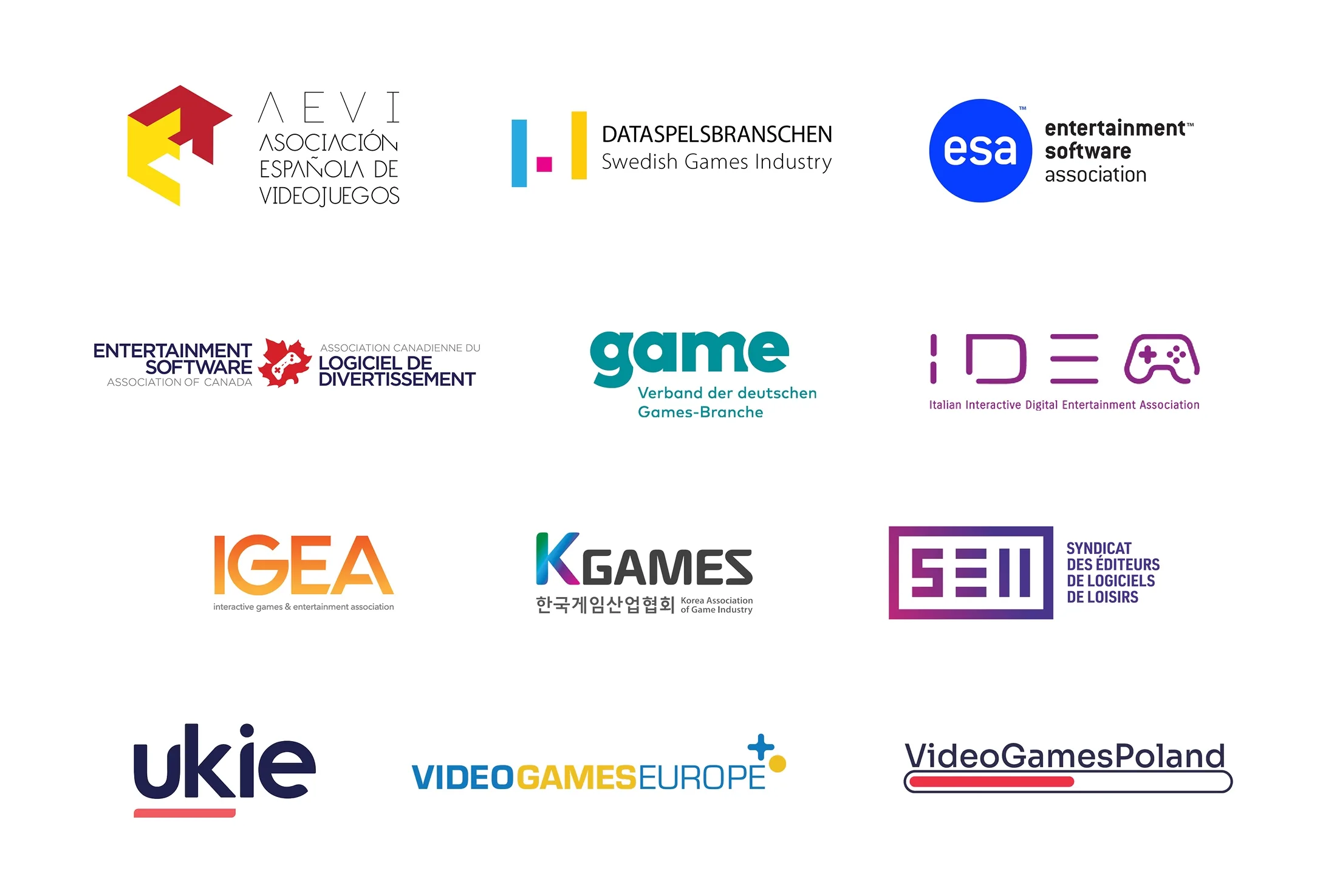
Decades of research confirm:
play benefits everyone.
Grounded in science as well as player voices, this report draws on third-party, peer-reviewed research from leading universities to show how play benefits people of all ages.
Power of Play: 2025 Global Video Games Report Downloads
Fact Sheet Downloads
Italy fact sheet in Italian
Poland fact sheet in Polish


